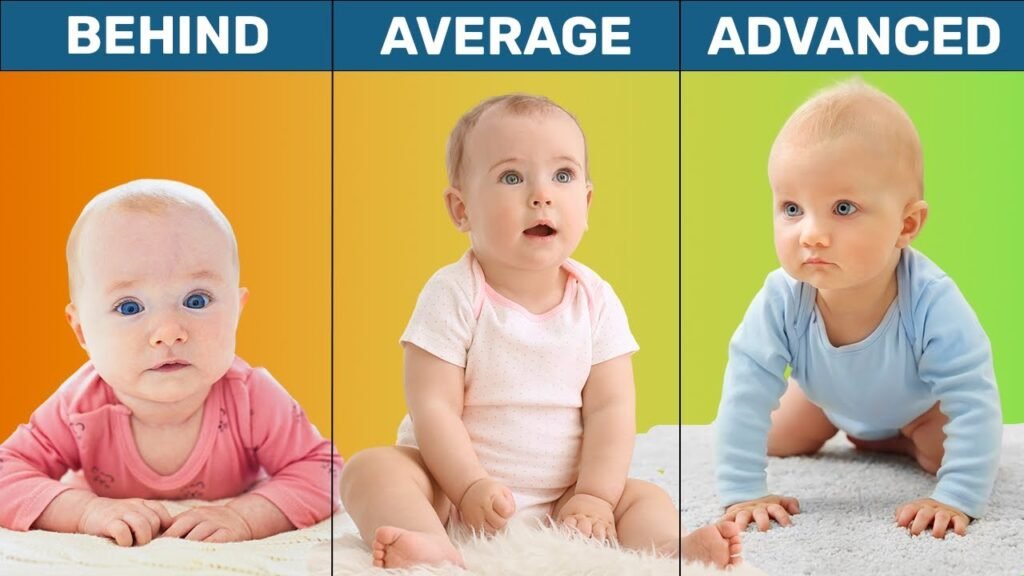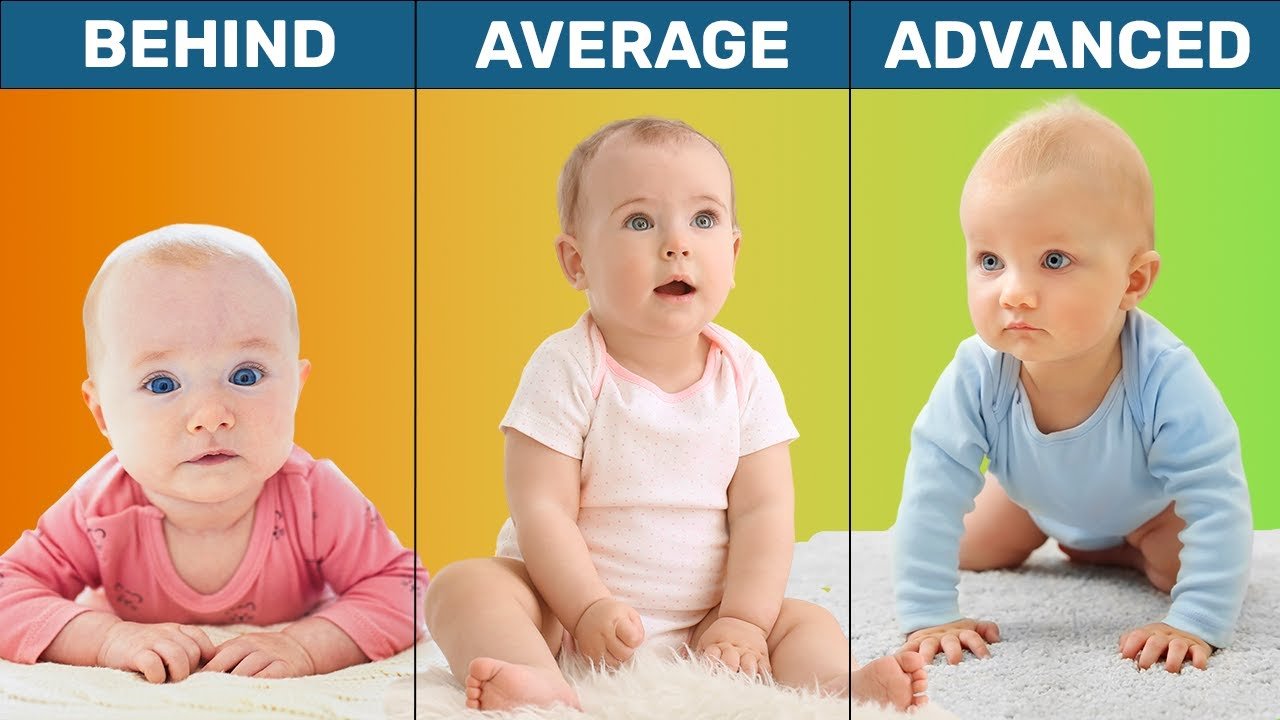Understanding developmental milestones is crucial for parents, but often these milestones are misused, leading to unnecessary stress and anxiety. In this video by Emma Hubbard, she walks you through everything you need to know about developmental milestones – why they’re important, when they’re useful, and how to use them in a helpful way. Instead of comparing your baby’s progress to others, it’s important to focus on your child as an individual and celebrate their unique milestones within the expected ranges. By understanding the broader range of developmental milestones, considering biological and environmental factors, and recognizing that each child learns at their own pace, you can alleviate unnecessary concern and support your child’s growth and development.
Understanding Developmental Milestones: A Guide for Parents

Introduction
Developmental milestones are an important aspect of monitoring and understanding your child’s growth and development. However, they can often be misused, leading to unnecessary stress and anxiety for parents. In this comprehensive guide, we will walk you through the definition of developmental milestones, the different types of milestones, the factors that can affect them, and the importance of individual progress. We will also discuss developmental red flags, early detection, and intervention. By the end of this guide, you will have a better understanding of how to use developmental milestones as a helpful tool in your parenting journey.
What are Developmental Milestones?
Developmental milestones refer to the skills and abilities that children typically acquire as they grow and develop. These milestones include various aspects of development, such as motor skills, sensory skills, communication skills, social skills, and cognitive skills. It is important to note that milestones are not rigid deadlines that children must meet at a specific age. They are instead a range of skills that can be achieved within a certain timeframe.
Types of Developmental Milestones
- Motor Skills: Motor skills involve physical abilities, such as crawling, walking, and manipulating objects.
- Sensory Skills: Sensory skills refer to a child’s ability to use their sight, hearing, touch, taste, and smell to explore and interact with the world.
- Communication Skills: Communication skills encompass a child’s ability to express their needs and feelings using words, gestures, and facial expressions.
- Social Skills: Social skills involve how well a child interacts and gets along with others, including taking turns, sharing, and displaying empathy.
- Cognitive Skills: Cognitive skills refer to a child’s thinking abilities, including problem-solving, memory, attention, and understanding cause and effect.
Biological and Environmental Factors Affecting Milestones
Several factors can influence the attainment of developmental milestones, including biological and environmental factors. Biological factors, such as genetics and physical health, can play a role in a child’s development. Environmental factors, such as the space they have to move around, the toys they interact with, and daily interactions with caregivers, also impact their milestones. Additionally, a child’s temperament, such as being naturally adventurous or cautious, can influence when they reach certain milestones. Language development is another area where the environment plays a significant role, as babies learn language best through direct interaction with caregivers.
Adjusting Milestone Ranges for Premature Babies
If your baby was born prematurely, it is essential to adjust their developmental milestone ranges based on their due date rather than their actual birth date. Premature babies may reach certain milestones later than full-term babies, and it is important to consider their adjusted age when tracking their development. Consulting with your pediatrician can provide further guidance on adjusting milestone ranges for premature babies.
The Importance of Individual Progress
Instead of comparing your child’s progress to their peers, it is crucial to focus on their individual growth and development. Every child is unique and learns at their own pace. Some may acquire new skills faster, while others may take more time. Avoiding comparisons and celebrating your child’s progress within the expected range will help reduce stress and promote a positive outlook on their development.
Developmental Red Flags
Developmental red flags are signs that a child may not be advancing at a pace consistent with their peers. These red flags indicate the possibility of a developmental delay or a more severe issue. It is important to be aware of these red flags and know how to identify them. Monitoring specific milestones at 3, 6, 9, and 12 months can help determine if further evaluation or intervention is needed. If you notice any red flags, it is best to consult with your pediatrician for a thorough evaluation.
Early Detection and Intervention
Early detection of potential developmental issues allows for prompt intervention, which can greatly improve a child’s chances of catching up with their peers. Early intervention programs and therapies can address specific developmental delays and reduce their long-term effects on a child’s overall growth. If you suspect a delay or notice any red flags, don’t hesitate to seek guidance from your healthcare provider.
Additional Resources for Red Flags
For more detailed information on developmental red flags and specific milestones for different age groups, we have provided additional resources in the form of videos that focus on 6-month and 12-month red flags. These videos will provide you with a comprehensive understanding of what to look for at each stage of your child’s development.
Conclusion
Understanding developmental milestones is crucial for parents as they navigate their child’s growth and development. By using milestones as a tool to monitor and support your child’s progress, you can ensure they are reaching their developmental goals within the expected range. Remember to celebrate your child’s individual progress, avoid comparisons with other children, and seek professional guidance if you have any concerns about their development. With this comprehensive guide, you are equipped with the knowledge and resources to navigate developmental milestones confidently.

